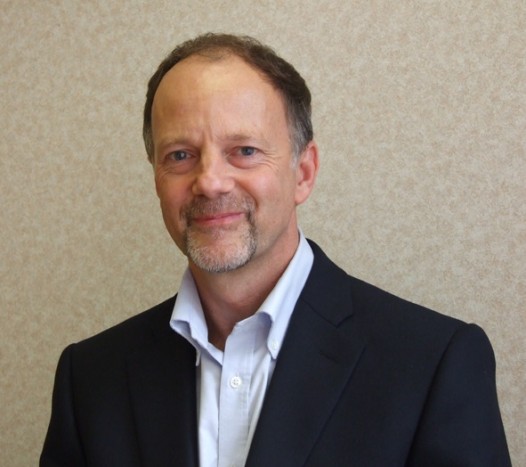Following the Responsible Gambling Fund's withdrawal from the UK's tripartite system for funding problem gambling research, education and treatment, the GREaT Foundation has stepped in to take its place. Chief executive Marc Etches tells InterGaming why

How did you become involved with the GREaT Foundation?
I started in July when Geoffrey Godbold decided to step down. The trustees were looking for someone to take on the role of chief executive and I was pleased to come on board. I have spent a long career in operating leisure and tourism businesses and, as some will remember, I was noisy about the prospects of Blackpool and resort casino development in the UK. That episode introduced me to politics and the media on a national basis, and indeed an international basis, in a way that I hadn't been before and also introduced me to the broader gambling industry. I came to this role with a fair understanding of the situation and also some clear thoughts about what maybe needed to be done.
Why is it in the industry's best interests that the voluntary funding system for tackling problem gambling remains in place?
The gambling industry, generally, has a long-standing reputation for voluntarily funding service providers in relation to problem gambling, demonstrating it has a well-established and strong collective sense of social responsibility. Why is it in the industry's best interests to maintain the current voluntary arrangement? I think it is about ensuring that the industry is well thought of - well thought of by employees, shareholders and those that participate in gambling and for the most part enjoy it without getting into difficulties. It's also important to be thought of well by regulators, politicians and policymakers. Then the industry is more likely to be popular and successful and less likely to be overburdened by taxes and regulation. Gambling is an activity about which many are ambivalent but some have strong and often conflicting views, including a few myths; consequently it is an activity that is easily politicised, and so it is important that the industry manages its reputation well.
This interview can be found in full in the November 2011 issue of InterGaming magazine.

